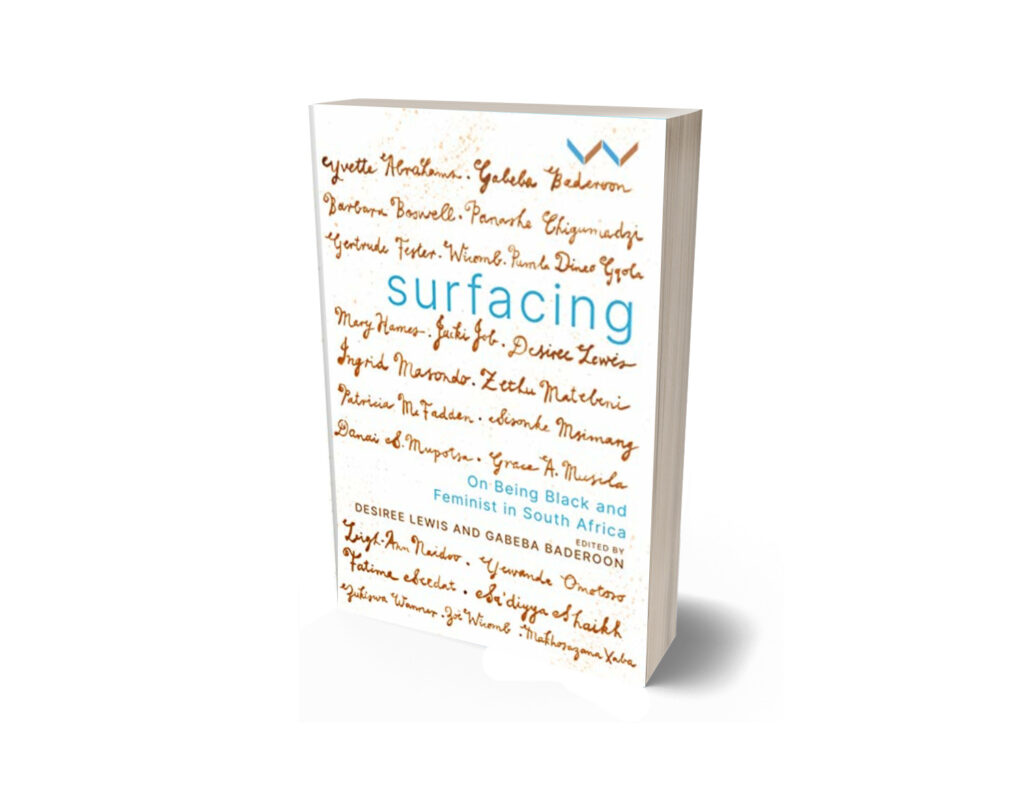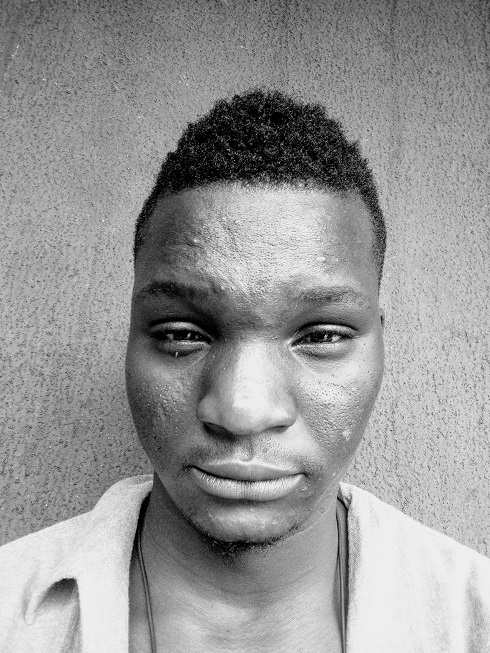A new essay collection of feminist thinking by Black women will hit the shelves this April. Surfacing: On Being Black and Feminist in South Africa has 20 chapters, all of them written by different women who have championed feminist ideals through their literary and community work.
Surfacing is edited by the feminist theorist Desiree Lewis and the poet and feminist scholar Gabeba Baderoon. Contributors include Panashe Chigumadzi, Sa’diyya Shaikh, Sisonke Msimang, and Yewande Omotosho.
Its publisher, Witts University Press, terms it “indispensable to anyone interested in feminism from Africa, which its contributors show in vivid and challenging conversation with the rest of the world. It will appeal to a diverse audience of students, activists, critical thinkers, academics and artists.”
Here is a description:
What do African feminist traditions that exist outside the canon look and feel like? What complex cultural logics are at work outside the centres of power? How do spirituality and feminism influence each other? What are the histories and experiences of queer Africans? What imaginative forms can feminist activism take?
Surfacing: On Being Black and Feminist in South Africa is the first collection of essays dedicated to contemporary Black South African feminist perspectives. Radical polemic sits side by side with personal essays, and critical theory coexists with rich and stirring life histories.
By including writings by Patricia McFadden, Panashe Chigumadzi, Sisonke Msimang, Zukiswa Wanner, Yewande Omotoso, Zoë Wicomb and Pumla Dineo Gqola alongside emerging thinkers, activists and creative practitioners, the collection demonstrates a dazzling range of feminist voices.
The writers in these pages use creative expression, photography and poetry in eclectic, interdisciplinary ways to unearth and interrogate representations of Blackness, sexuality, girlhood, history, divinity, and other themes.
The author Carole Boyce-Davies, in a blurb, describes Surfacing as “a much-needed addition to the library of materials on Black Feminism in a global context.” The book, she writes, “moves us rapidly out of the norm that privileges work that comes out from the West often with the justification that it is difficult to find available material. Teaching, studying, and writing about Black Feminist Theories remains incomplete without the intellectual contributions of Black women in diverse locations.”
“A beautiful book that brings together some of South Africa’s finest, most innovative writers working across a multitude of forms,” writes Nadia Davis in another blurb. “Surfacing promises to be treasured as much its brilliant engagements and insights, as for the wonderful connectivity and solidarity it makes space for.”
Buy Surfacing: On Being Black and Feminist in South Africa HERE.


